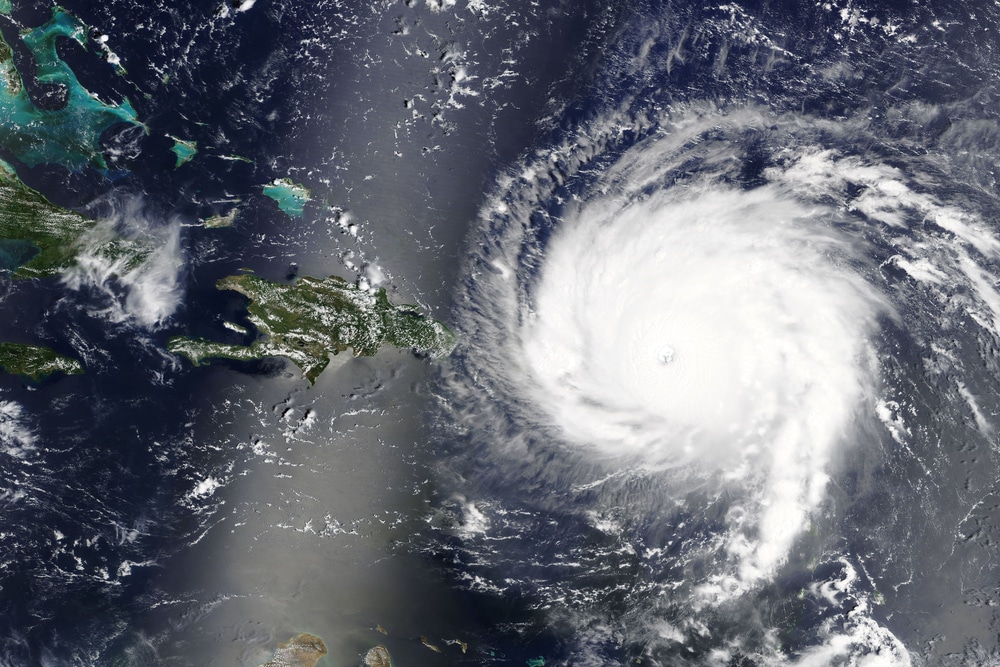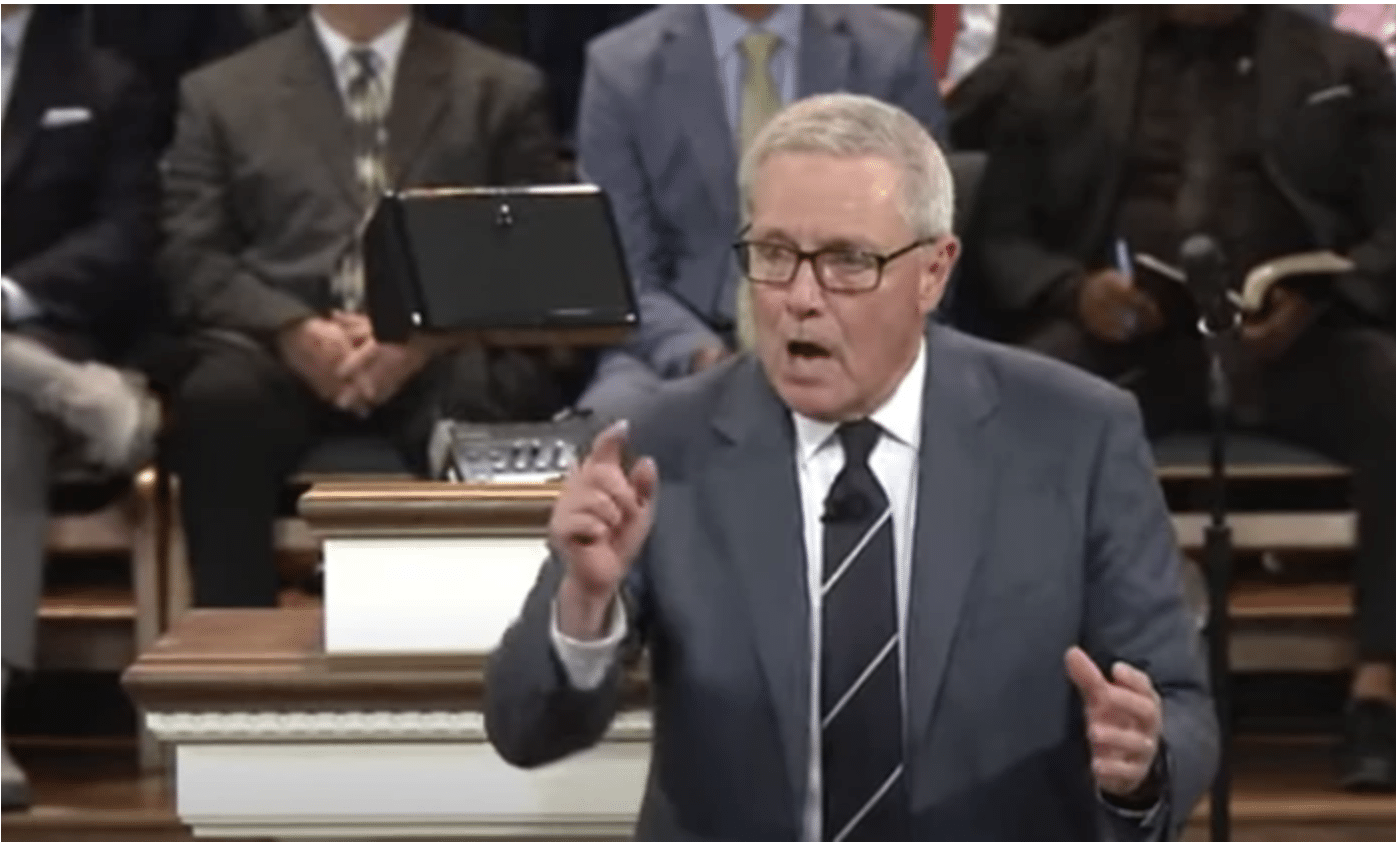(LA Times) – Su Chii-cherng, head of the Taiwan government office in Osaka, committed suicide in September after he was criticized in mainstream news reports for not having made arrangements to rescue Taiwanese tourists temporarily stranded at a typhoon-flooded Japanese airport. As it turned out, the foreign ministry in Taipei said, the 61-year-old diplomat was not allowed to send in vehicles, which meant the criticism, based on an unidentified traveler’s tip, was not justified.
High-level Taiwanese officials are now citing the incident as they seek to strengthen penalties for the spread of what they deem false reports on natural disasters and food safety. Taiwan is one of at least seven countries across eastern Asia that have recently enacted or are considering laws to limit or gain access to information about internet reports that officials claim are false, speculative, exaggerated, or truthful yet hurtful. As does President Trump, they often lump such reports under a vague, and often misleading, heading: fake news. READ MORE
















